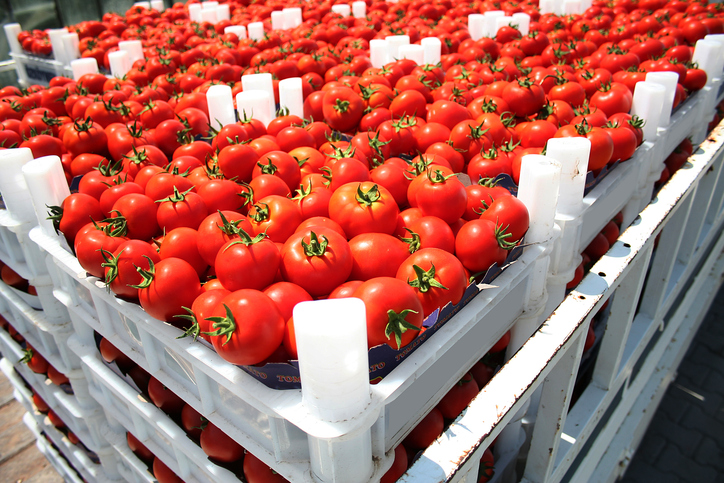
Transporting perishable items, whether they need to be refrigerated, frozen, or not, is a challenge for trucking logistics, as there are a couple more factors that dispatchers need to consider. If the proper precautions aren’t taken, goods could go bad, pose a health risk to consumers, or become damaged, leading to decreased customer satisfaction and lost revenues. Thus, getting perishable shipments right is important!
If you’re considering a career in dispatching, read on to learn more about special considerations for dispatching perishable goods.
Students in Dispatcher Training Should Know Perishable Goods Are Sensitive to Time and Temperature
There are many different types of perishable goods you could dispatch after graduating from a transportation operations program, such as pharmaceuticals, flowers, packaged food, and fruits and vegetables. Typically, perishable goods tend to be either time or temperature sensitive, or both. For example, some goods like tomatoes can be transported in a non-refrigerated truck under regular weather conditions, but they must be delivered quickly to avoid spoilage. Other goods, like ice cream, must be delivered frozen, but require a little less urgency because they have a longer shelf life.

The Three Main Types of Transport Vehicles for Perishable Goods
There are three types of vehicles that are ideal for transporting goods sensitive to temperature that you may dispatch after graduating from dispatcher training. The first is an isothermal vehicle, which is insulated to ensure that there’s no heat exchange between the outside and inside of the vehicle. Isothermal vehicles are commonly used for perishable goods that don’t need to be cooled, but are at risk of going bad in high temperatures or humid environments. The second type is a refrigerated vehicle, which is ideal for goods needing to be kept at a cool temperature, and the third type is a freezer vehicle, which keeps goods frozen.
Students in Dispatcher Training Should Know Certain Perishable Items Shouldn’t Be Shipped Together
Dispatchers should also be careful about shipping certain perishable goods together. At some point during your career, you may be in charge of dispatching a truck that isn’t filled to capacity. In order to maximize profits for that run, you would likely have to schedule an additional shipment. However, before doing so, it’s important to consider what type of goods the additional shipment consists of. Certain types of fruit, for instance, shouldn’t be shipped together, because one fruit’s chemicals may interact with and expedite the ripening process of the other. Thus, in order to ensure that all goods are delivered intact and ready to be sold, be careful and consider which goods you plan to ship together.
Perishable Items Need to Be Delivered Efficiently in Order to Ensure Quality
Most perishable items are time-sensitive, which makes cross-country and long-distance shipments a challenge. In addition, both Canada and the United States set safety restrictions on the amount of hours a truck driver can drive in a row. This means that truck drivers must stop and rest before continuing on. For perishable items that already have time constraints, this can be an added challenge. To overcome this, plan in advance, as you may be required to arrange a different truck driver to continue driving the product once the initial driver reaches their limit.
Do you want to learn more about what it takes to have a successful dispatching career?
Contact Automotive Training Centres to learn more about dispatch schools in Montreal!

